Kathleen Kennedy and her elder brother JFK were the grandchildren of upwardly mobile Irish Catholic immigrants. John F. Fitzgerald, ‘Honey Fitz’, became mayor of Boston, and Patrick J. Kennedy was a saloon-keeper and failed senatorial candidate who sent his sons to Harvard. ‘Kick’ was the fourth child, nicknamed for her ebullient personality, but born just as her mother, Rose, was thinking of leaving her serially unfaithful husband, Joe Kennedy Snr, who made his huge fortune from Hollywood studios and booze.
Already a subscriber? Log in
Subscribe for just $2 a week
Try a month of The Spectator Australia absolutely free and without commitment. Not only that but – if you choose to continue – you’ll pay just $2 a week for your first year.
- Unlimited access to spectator.com.au and app
- The weekly edition on the Spectator Australia app
- Spectator podcasts and newsletters
- Full access to spectator.co.uk
Unlock this article
You might disagree with half of it, but you’ll enjoy reading all of it. Try your first month for free, then just $2 a week for the remainder of your first year.

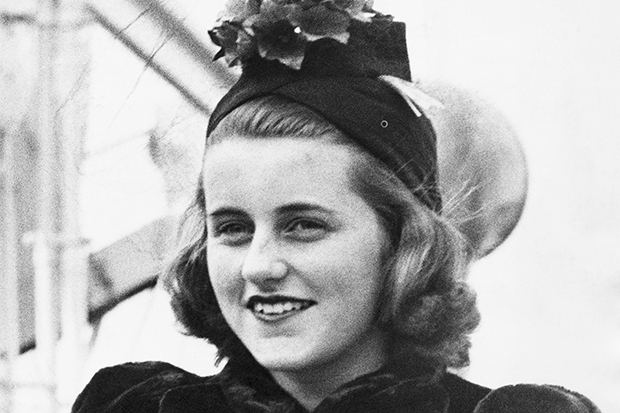
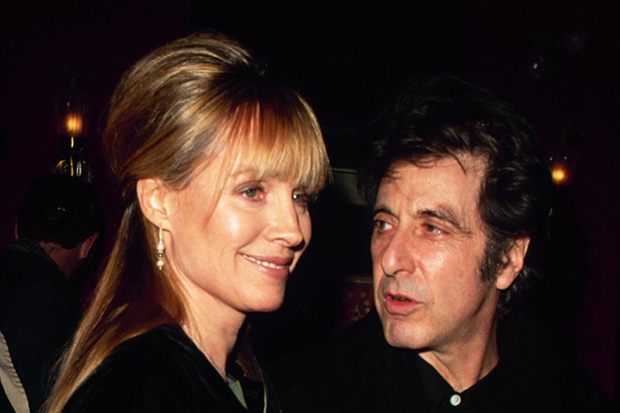
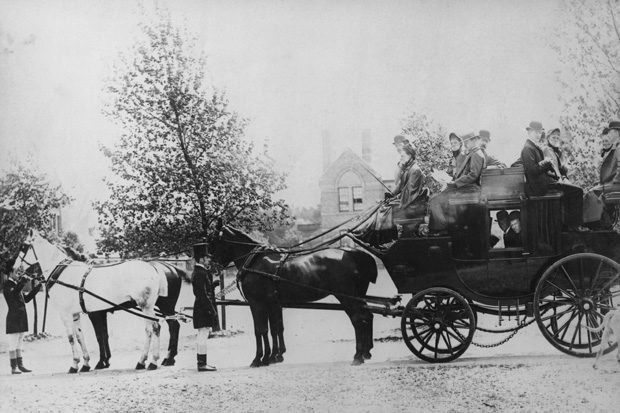
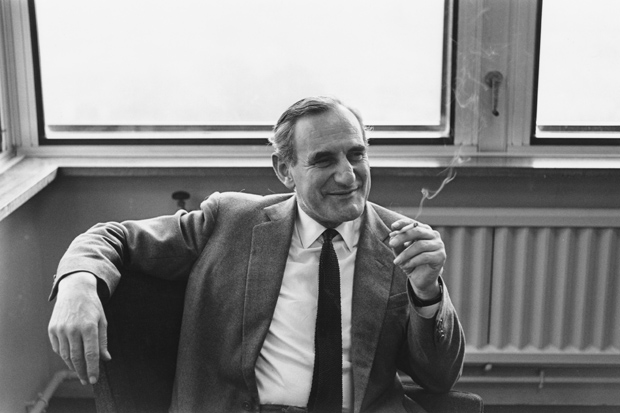
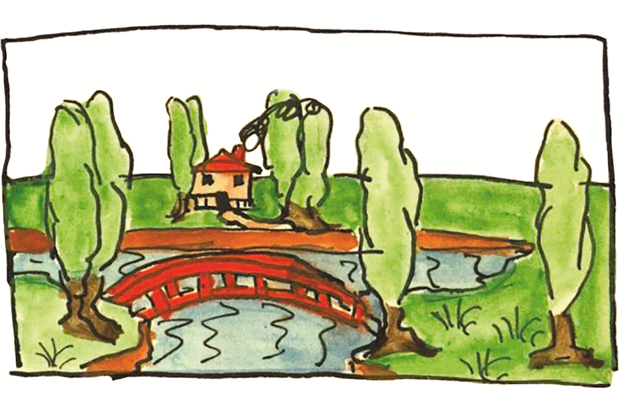
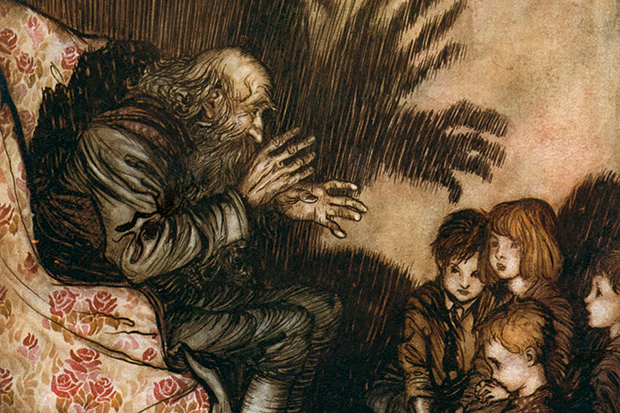
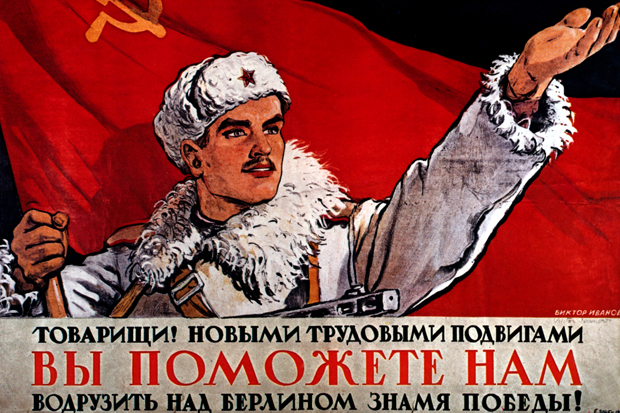






Comments
Don't miss out
Join the conversation with other Spectator Australia readers. Subscribe to leave a comment.
SUBSCRIBEAlready a subscriber? Log in